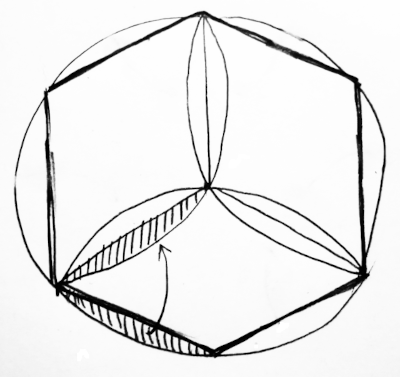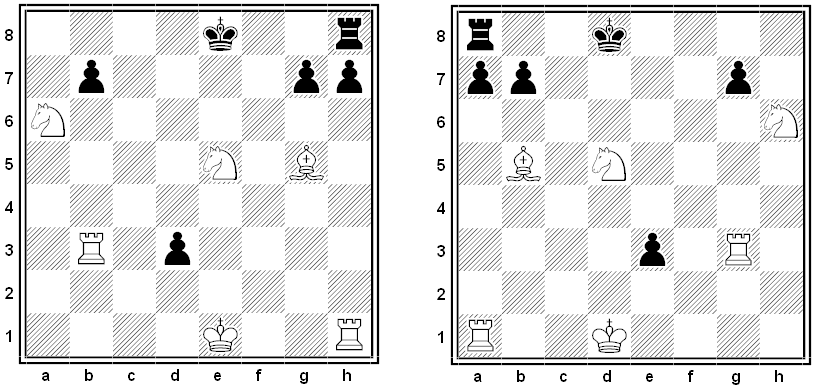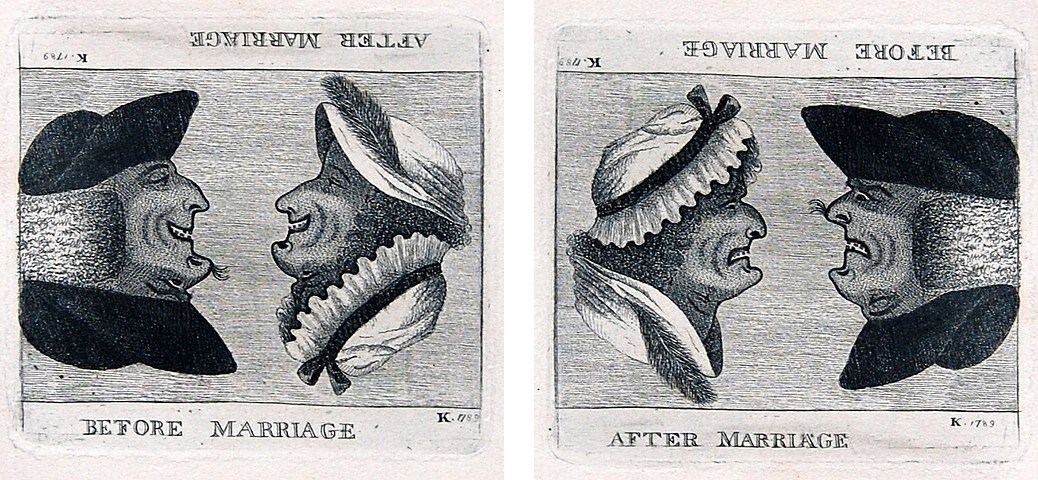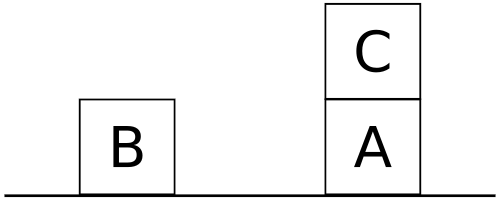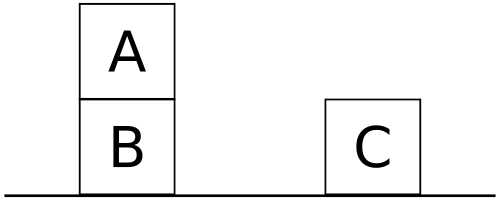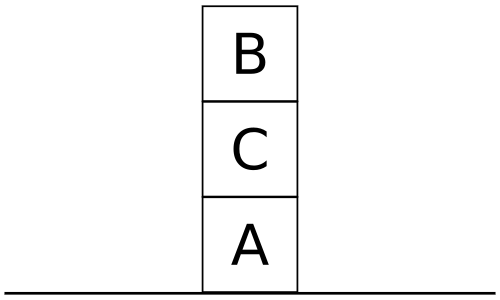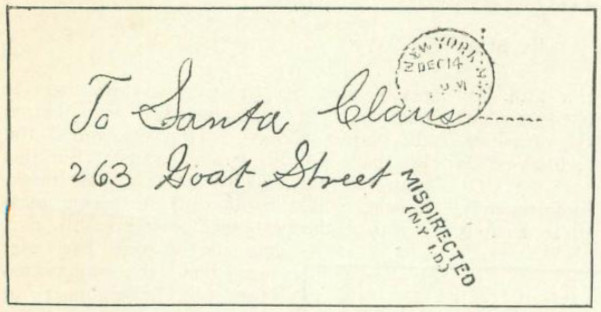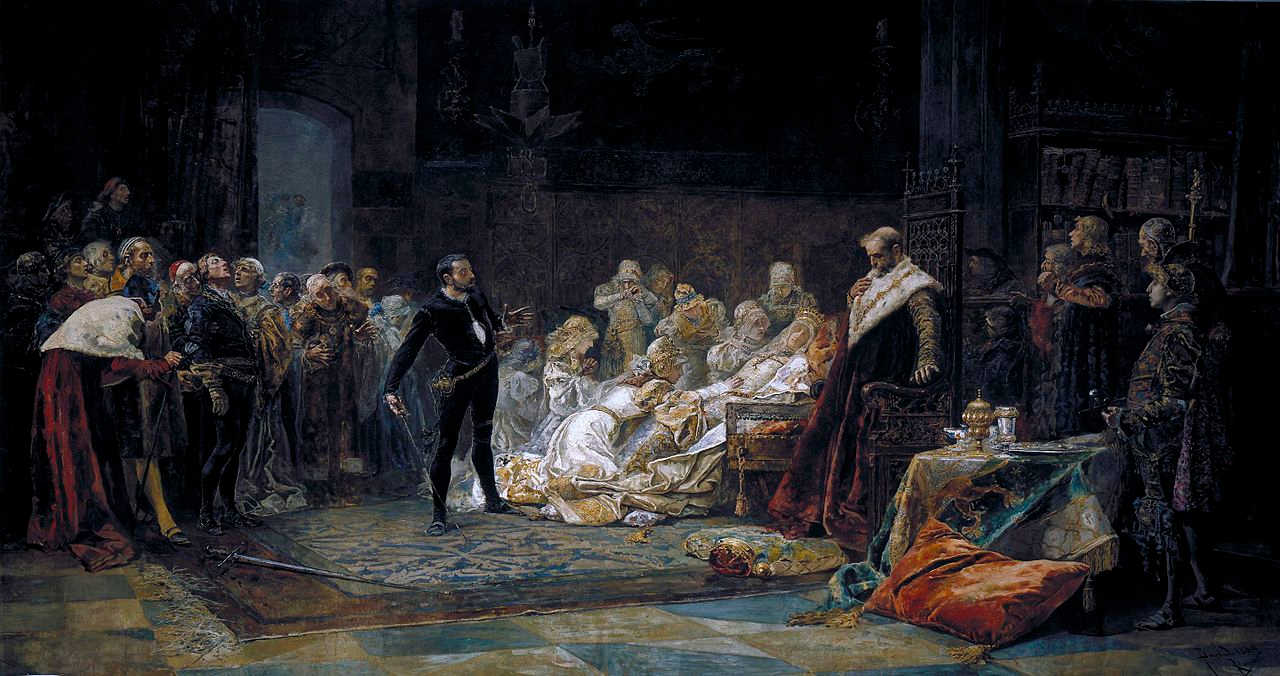William Linkhaw sang so badly that a grand jury indicted him for disrupting his church’s services. At trial in August 1872, a witness imitated Linkhaw’s singing style and provoked “a burst of prolonged and irresistible laughter, convulsing alike the spectators, the Bar, the jury and the Court.”
It was in evidence that the disturbance occasioned by defendant’s singing was decided and serious; the effect of it was to make one part of the congregation laugh and the other mad; that the irreligious and frivolous enjoyed it as fun, while the serious and devout were indignant.
Linkhaw protested that he felt a duty to worship God. The jury fined him a penny, but the North Carolina Supreme Court set aside the verdict, observing that Linkhaw had had no malicious intent. Justice Thomas Settle wrote, “It would seem that the defendant is a proper subject for the discipline of his church, but not for the discipline of the Courts.”
In 1906 a wit wrote, “although the proof did show / That Linkhaw’s voice was awful / The judges found no valid ground / For holding it unlawful.”


